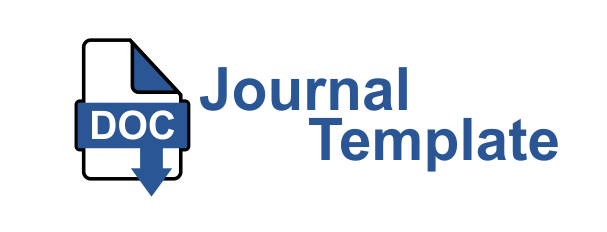Education on the Use of Family Medicinal Plants (TOGA) to Improve Maternal and Child Health in Sukaraja Village
Edukasi Pemanfaatan Tanaman Obat Keluarga (TOGA) untuk Meningkatkan Kesehatan Ibu dan Anak di Desa Sukaraja
Abstract
Community service activities carried out in the form of educational activities on the use of family medicinal plants (TOGA) to improve maternal and child health in Sukaraja Village, Darul Makmur District, Nagan Raya Regency with the target being PKK cadres and mothers. The solution carried out in community service activities is in the form of providing education on the use of family medicinal plants to improve maternal and child health. The purpose of the service activity is to increase the knowledge of PKK cadres and mothers in increasing knowledge and behavior in utilizing family medicinal plants, so as to improve the degree of health of mothers and children. This educational activity was carried out in Sukaraja Village, Darul Makmur District, Nagan Raya Regency. This activity is in the form of direct education using leaflet media and herbal drink products that have been formed by the Service Team. The results showed that the knowledge of mothers in Sukaraja Village, Darul Makmur District, Nagan Raya Regency about TOGA and Temulawak innovation products increased significantly with the good category. Mothers are also very interested in practicing making Temulawak drink for the health of their mothers and children
Keywords: education, family medicinal plants, improving health
Downloads
Copyright (c) 2025 Fatmawati Sinuhaji, Gunarmi Gunarmi, Yustina Ananti

This work is licensed under a Creative Commons Attribution 4.0 International License.
Authors who publish with this journal agree to the following terms:
- Authors retain copyright and grant the journal right of first publication with the work simultaneously licensed under a Creative Commons Attribution License (CC-BY) that allows others to share the work with an acknowledgment of the work's authorship and initial publication in this journal.
- Authors are able to enter into separate, additional contractual arrangements for the non-exclusive distribution of the journal's published version of the work (e.g., post it to an institutional repository or publish it in a book), with an acknowledgment of its initial publication in this journal.
- Authors are permitted and encouraged to post their work online (e.g., in institutional repositories or on their website) prior to and during the submission process, as it can lead to productive exchanges, as well as earlier and greater citation of published work (See The Effect of Open Access).











